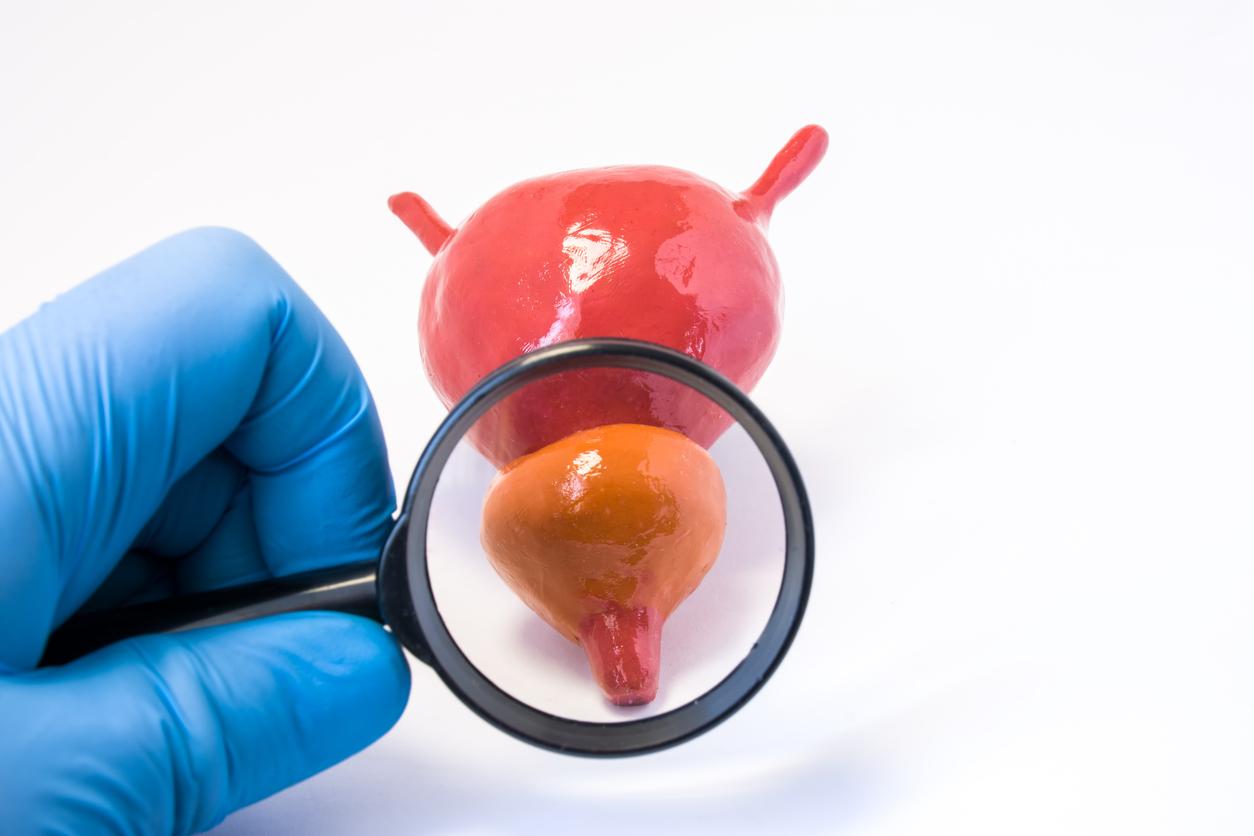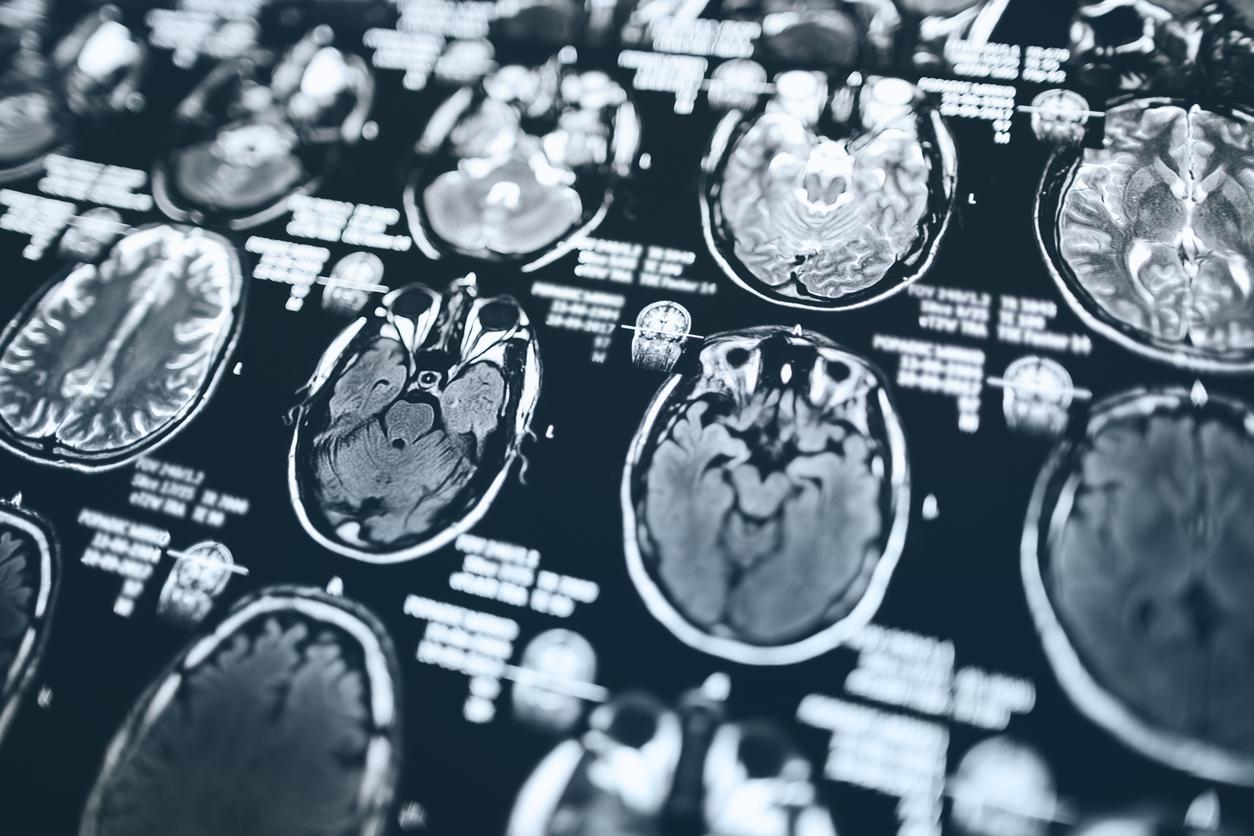This is a major discovery that should turn the understanding of genetic mutationsand related diseases. THE’Deoxyribonucleic acid (DNA) cells not only contain the information needed to make proteins in the body. It would contain a second code whose role would be to give instructions to cells so that they determine the control of genes.
This information brought to light by American scientists should lead us to reconsider the role of DNA, as it has been accepted since the 1960s. Until now, it was thought that DNA used a single language intended to produce proteins. In reality the genome uses the genetic code to write two different languages simultaneously.
Dr Stamatoyannopoulos, author of the study and assistant professor of genomics and medicine at the University of Washington is himself surprised by the results of this research: “For more than 40 years, it was believed that changes in DNA affecting the genetic code only impacted protein production. […] This discovery reveals that DNA is an incredibly powerful machine for storing information that nature has unexpectedly harnessed to its full potential. “
Major spinoffs
This discovery, reported in the scientific journal Science, reshuffles the cards of scientific knowledge. It should indeed have major implications for the diagnosis and treatment of certain genetic diseases: “The fact that the genetic code can simultaneously write two types of information means that many changes in the DNA, which appear to alter the sequences of proteins, could in fact cause diseases by disrupting the programs of control of genes and even that of production of proteins at the same time “, supposes the researcher, quoted by AFP.
This study was carried out and financed within the framework of the international ENCODE project (“Encyclopedia of DNA Elements”) which, since its launch in 2003, aims to study the functions of human genes.
















